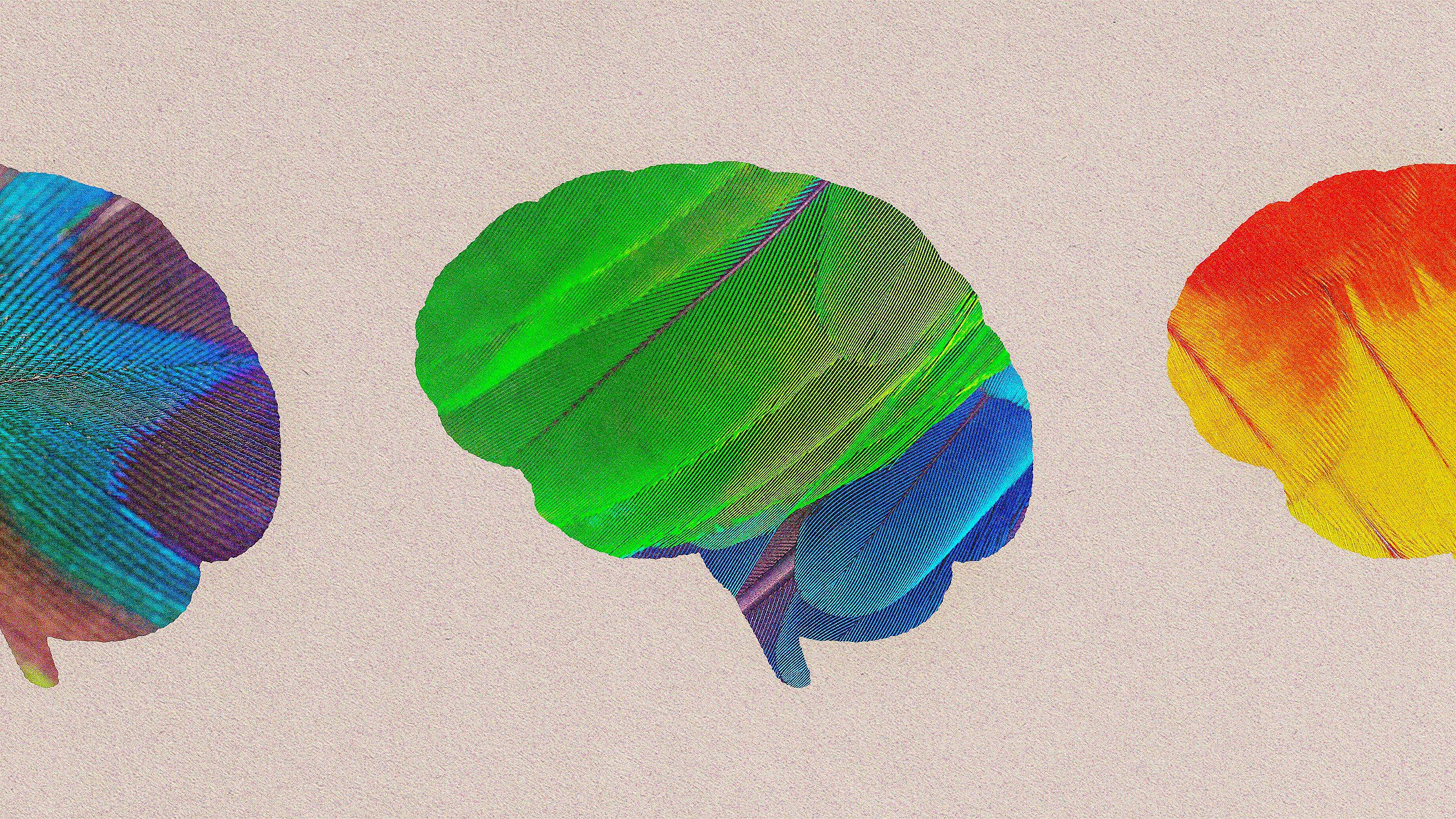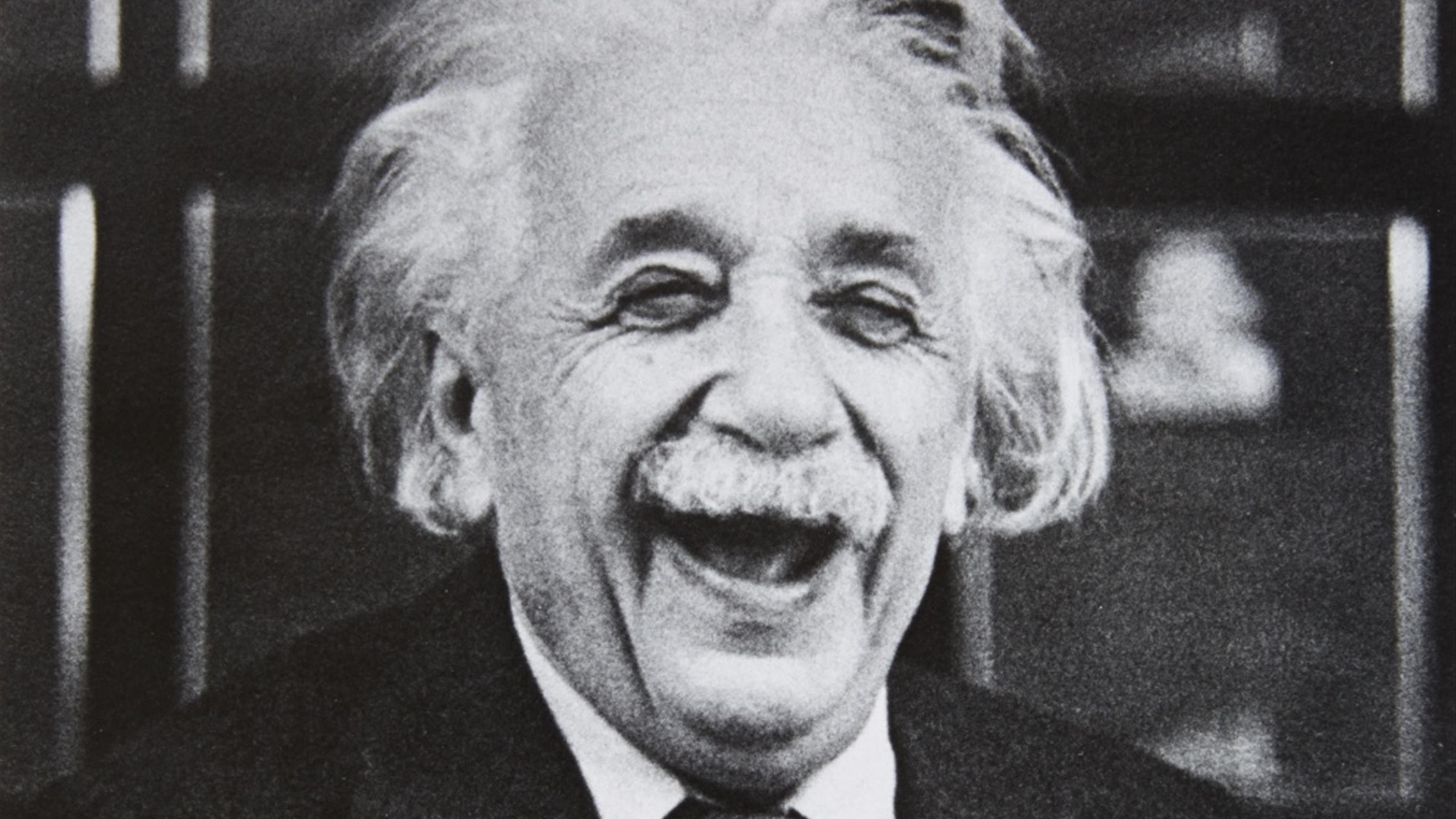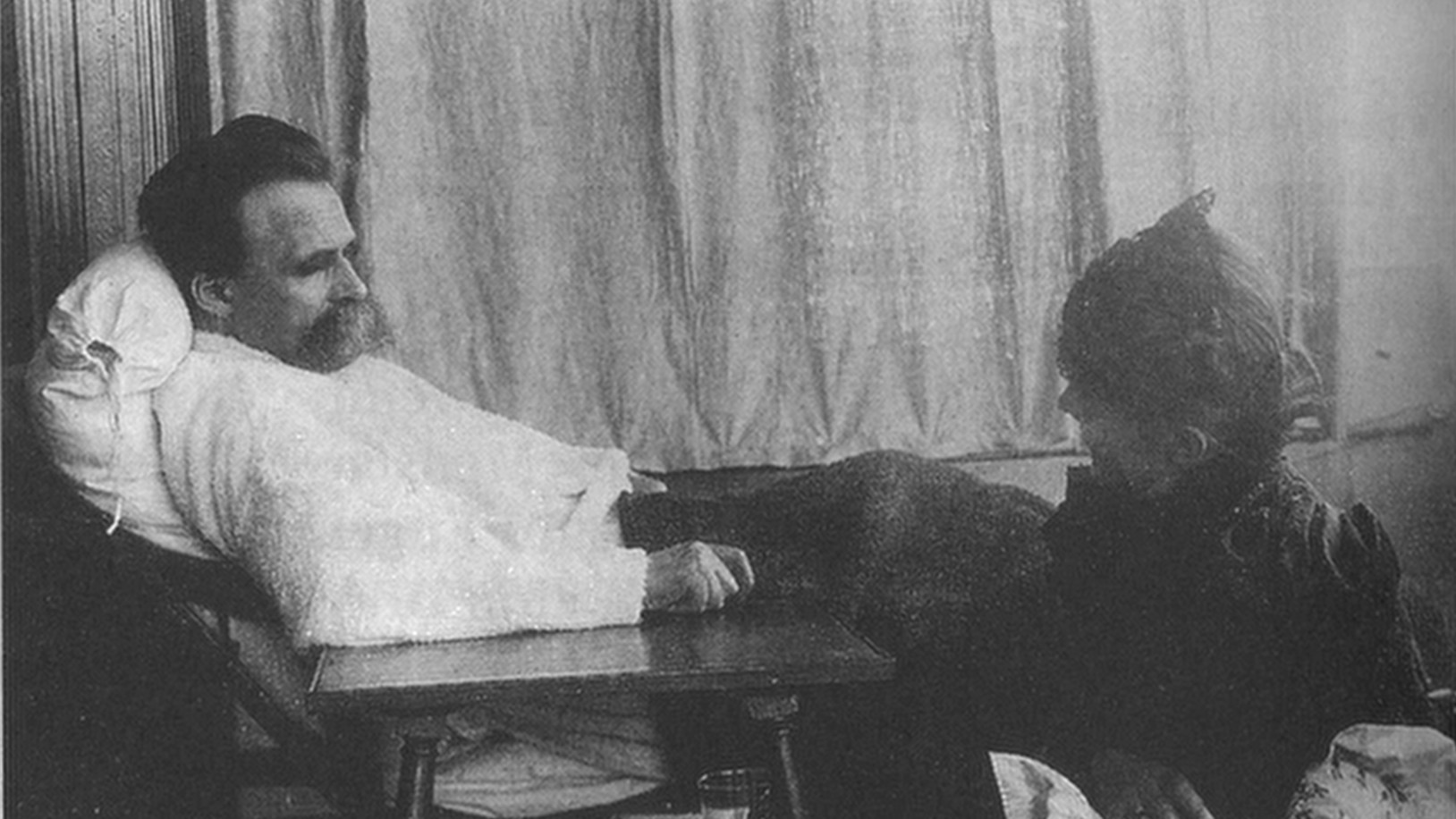We all know the actor Ethan Hawke, star of films like Gattaca, Dead Poet’s Society, and Training Day, but have you met director, screenwriter, novelist, and philanthropist Ethan Hawke? With an energy that can’t be hushed and a curiosity that won’t quit, Hawke is a creative tornado.
It’s true that there’s no formula for creativity, but after decades as an artistic professional Ethan Hawke has zeroed in on some of the ingredients. He says spontaneity + discipline + intelligence = creative truth. To him it’s a ‘flow state’ and a feeling that can only be explained using the metaphor of jazz music. When jazz musicians play, there is a loose architecture of a song, but then the players riff and find a new melody inside that original score, and it evolves and shifts before mysteriously coming back around again. This is Hawke’s argument for the power of the subconscious mind over the conscious intellect in any creative process.
He’s onto something anecdotally, and it’s supported by the science director of the Imagination Institute (and Big Think alumnus) Scott Barry Kaufman, who has addressed why it is that so many of us do our best thinking in the shower or in the bath tub. What is it about those environments that lead to ‘eureka!’ moments? “The relaxing, solitary, and non-judgmental shower environment may afford creative thinking by allowing the mind to wander freely, and causing people to be more open to their inner stream of consciousness and daydreams,” says Kaufman.
This free-wandering is crucial, and Allen Braun, a researcher at the National Institute of Health who has studied the origins of creativity in the brain noted the following after studying rappers’ brains during spontaneous freestyle rap verses: “We think what we see is a relaxation of ‘executive functions’ to allow more natural de-focused attention and uncensored processes to occur that might be the hallmark of creativity.”
So, if you want to reach the “a-ha!” state and channel creativity that is less labored and more truthful to your inner thoughts, Hawke recommends putting your intellect in the back seat and having your subconscious take the wheel. When those higher brain functions are at rest, the more primal and truthful part of your being shines.
Ethan Hawke’s graphic novel is Indeh: The Story of the Apache Wars.
Ethan Hawke: When I first started trying to write – because I came on writing as an actor and you realize very quickly that there’s a big difference between being ambiguous and being vague. And being vague is out of focus, blurry, oh yeah everything’s kind of true. In being ambiguous is a little bit more than a Zen comb, you know, you’re ringing a bell towards a larger truth. And you’re guiding an audience to think for themselves rather than dictating an answer. That to me is ambiguity at its finest. For example when I worked on Boyhood with Richard Linklater there was a large component and I have no other word for it than what I’ve read about in jazz. The beauty of jazz music is that there’s no plan. There’s a plan. There’s an architecture. Let’s take something obvious like my favorite things, right. John Coltrane’s My Favorite Things. If people know one jazz thing often they’ll know that one. And he takes this famous song, da, da, da, da, da, right. And they all start riffing on it and the musicians start riffing on it and they find a new melody inside it.
And it changes and it changes. And then mysteriously comes back around again and spontaneity mixed with discipline and intelligence it evolves into something you cannot plan that is more sophisticated and more interesting than something the intellectual mind can plan. When you’re really being creative at your best you’ve used your discipline to open up your subconscious. You know, Bob Dylan has a great quote where he says, you know, I didn’t write that man. When somebody says you don’t have an idea for a song. Mama’s in the basement mixing up medicine. I’m on the pavement – that’s not like oh I got an idea for a song. Let me write the Subterranean Homesick Blues, right. It doesn’t work like that. It works like you’ve got something to say and then it’s an antenna that goes up, right. And some people I think mistakenly think somebody is channeling God or something like that.
In a way you’re channeling yourself and you’re channeling your own questions and your own seeking which is deeply connected to your own. We all have it. We all have an essence, a center that us. We have it the day we’re born. And when you can access it then you can access the subconscious. And that’s going to be more powerful and more true than anything your intellectual mind has to say.
I want to write a screenplay and I’m going to write an important screenplay about the election process in America. Because I have something to say about it. I think it’s fraudulent. I think it’s stupid and I’m going to write a screenplay about a woman, you know, and you start working on it and you have this idea about what the result of the screenplay supposed to be. And what it’s kind of like saying I want to win the game. You can’t win the game by trying to win the game. You have to play the game and you have to play the game well and you have to play it moment by moment well. And oftentimes if you’re right action, right thought, right motivation, right work ethic you’ll win the game.
But you can’t try to win the game. You’re jumping over hurdles. It’s like my kids sometimes – well they know it’s wrong to lie but they don’t know why. So because they don’t know why it’s wrong to lie they still think that if they can get away with it then it might not be wrong. And if you know why you’re not supposed to lie then you know that it doesn’t matter whether you get away with it or not. I find creativity at its best is not working towards a result. Yes, when we do the Before trilogy sometimes I did these three films Before Sunrise, Before Sunset and Before Midnight and we often jam ourselves into position meaning oh shit, we’ve gotten these people to agree to finance the movie. We’ve got to start on August 1st and we only have 20 pages. Like that happens. So yeah we do have an agenda to finish this thing. But Richard Linklater’s patience is incredible. I mean we started Before Sunrise with a scene in the script that just said scene 63, the best scene in the movie.
Then we go to 64. It literally said the best scene in the movie. Jesse and Celine take their relationship to a new level we haven’t discovered yet. And then it moved on. And we started the movie not knowing what that is. And it oftentimes people will come up to me on the street and say to me hey, I love Before Sunrise. That scene where they pretend to call each other and talk to their best friend. That’s the scene where they pretend to be on the phone with each other. And, you know, that scene happened in a very mysterious way. Julie had an idea and then Rick had an idea and then I said an idea and all of a sudden the scene happened. It happened a couple of days before and Rick has an unbelievable patience meter. It comes from playing baseball that you wait for the right pitch and you don’t swing until you have to. And it creates an energy where Rick doesn’t think he knows the right answer.






